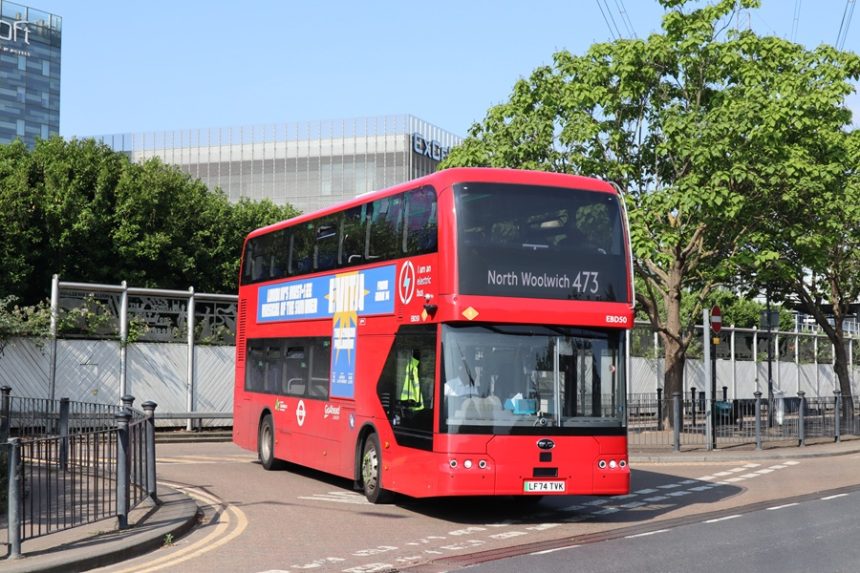Go-Ahead Group is deploying the BetterFleet charge management and operations platform across over 1,000 battery-electric buses at 20 bus depots in the UK, with a plan to expand both of those numbers by 50% by the end of 2025.
BetterFleet aligns and optimises charging around bus schedules. The supplier says its work with Go-Ahead is one of the largest and most complex global deployments of advanced charge management software, adding that it will minimise the peak grid draw in depots.
BetterFleet integrates seamlessly with the buses concerned and can prioritise power to a particular vehicle if it needs to begin service shortly. It can also reduce grid load if that is most efficient.
AI is used alongside real-time date, predictive load deferral and incident automation to help solve expensive charging and infrastructure challenges. Such capability will be key to Go-Ahead growing its zero-emission fleet beyond 1,500 buses by the end of 2025.
The BetterFleet process also involves Go-Ahead subsidiaries gaining critical information to simplify their duties and helps to ensure that vehicles are ready to go, while the intelligent load deferral helps to avoid infrastructure upgrades and allows more charging to be carried out within the existing grid capacity.
BetterFleet additionally has visibility into numerous brands of legacy charging systems via a single interface, with the BetterFleet Internet of Things Hub providing virtual upgrades to extend chargers’ lifespans and avoid unnecessary replacements.
Go-Ahead Bus CEO Matt Carney says: “We are proud of our leadership in zero-emission transport. By using BetterFleet, we have live data to track and manage our zero-emission fleet through its in-depot charge status and on-road state of charge, as well as manage our energy consumption more effectively and minimise our impact on the grid.”
Adds BetterFleet CEO Daniel Hilson: “We are thrilled to see our technology making an immediate impact on Go-Ahead Group’s operations.
“Our platform’s real-time monitoring, automated scheduling, and AI-driven predictive analytics enable them to manage charging more efficiently, helping to reduce costs and ensure that electric buses are ready to meet service.”

























